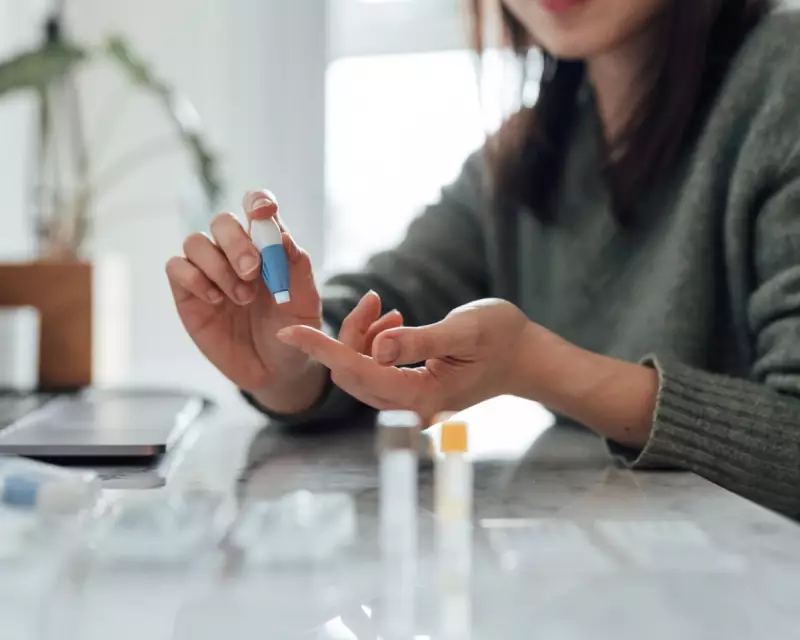
New studies have uncovered a worrying trend: many popular DIY health tests may be providing inaccurate or misleading results. Researchers warn that these tests, often marketed as convenient alternatives to professional medical diagnostics, could lead to unnecessary anxiety or even dangerous self-treatment.
The Problem with At-Home Testing
The research examined various types of home testing kits, including those for:
- Hormone levels
- Food intolerances
- Vitamin deficiencies
- Genetic predispositions
Findings suggest that without proper medical supervision, individuals might misinterpret results or receive false positives/negatives.
Why Accuracy Matters
False results from these tests could have serious consequences:
- Unnecessary dietary restrictions based on incorrect food intolerance results
- Delayed treatment for actual medical conditions
- Overconsumption of supplements for non-existent deficiencies
- Psychological distress from incorrect genetic risk assessments
Expert Recommendations
Medical professionals advise:
- Always consulting a doctor before making health decisions based on home test results
- Being sceptical of tests making dramatic health claims
- Understanding that many factors can affect test accuracy
- Recognising that most reputable tests still require professional interpretation
The studies highlight the need for better regulation and clearer information about the limitations of at-home health testing.





